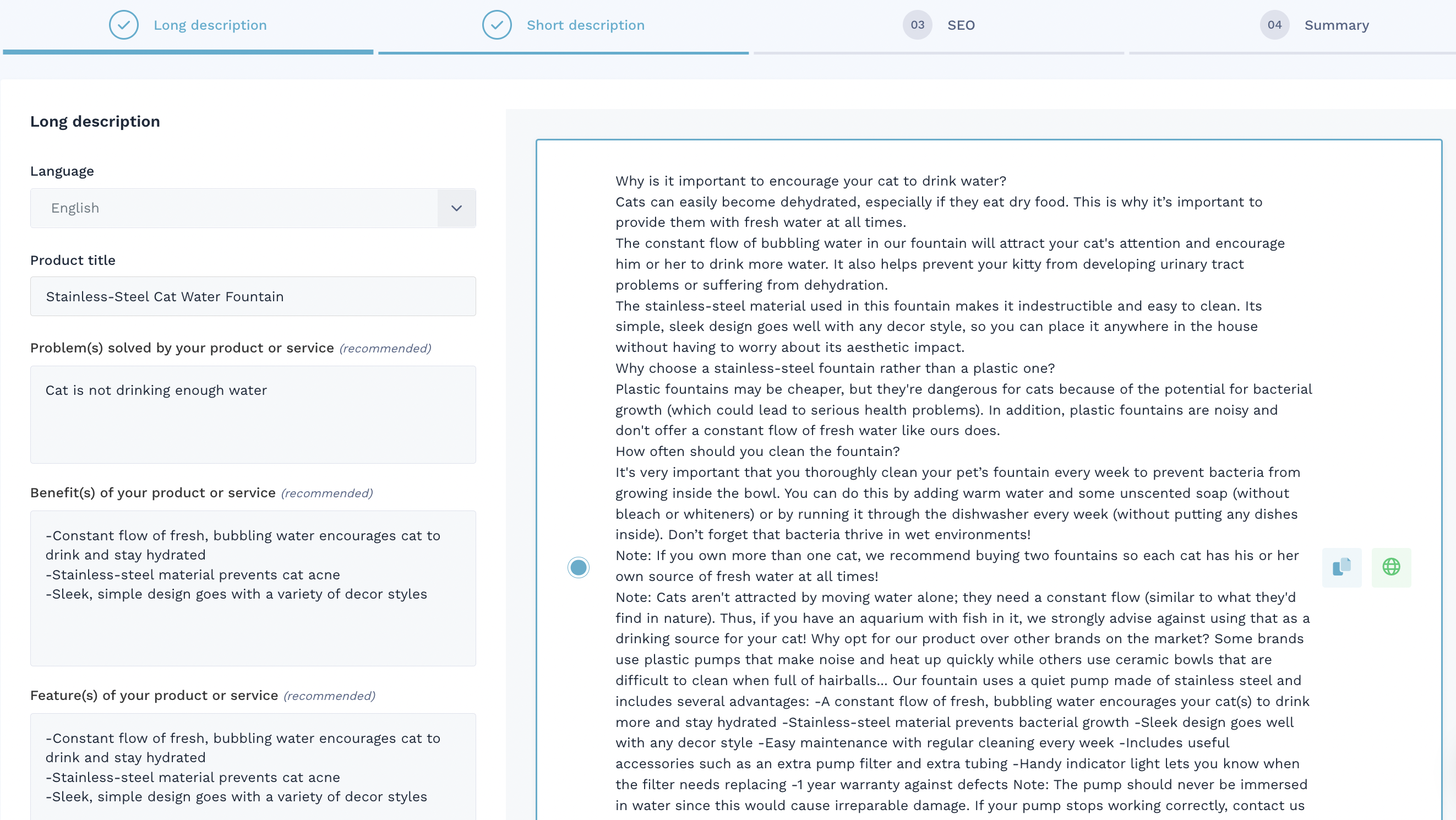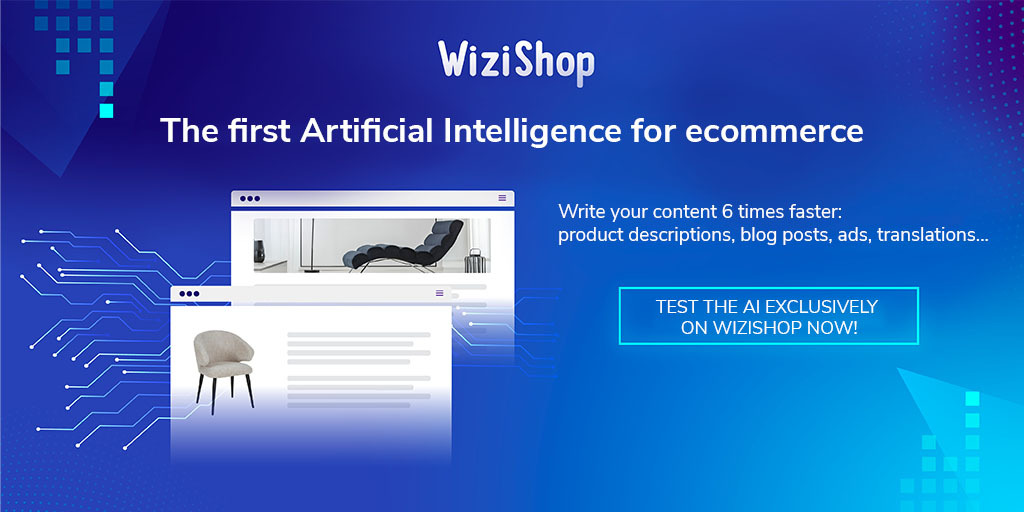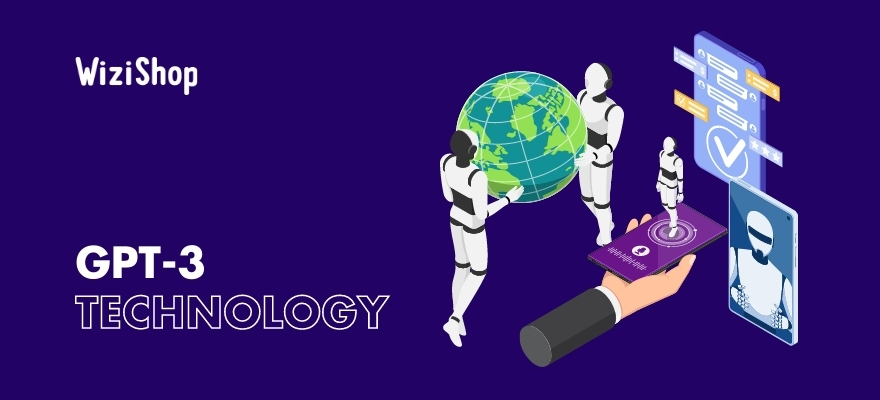GPT-3 is a term that is making headlines right now, and for good reason: this technology is revolutionizing digital usage for people all across the globe with its various applications.
How does this innovation created by OpenAI work, and how do we deal with this algorithm-based technology on a daily basis? In this article, we’ll take a look at one of the models that’ll mark the history of artificial intelligence and that of digital technology, at the service of human beings.
GPT-3: definition and characteristics
Definition of the GPT-3 model, an OpenAI innovation
GPT-3 is the acronym for Generative Pre-trained Transformer 3. This software is a language model that was created and developed by the researchers of the company OpenAI. Its release and development was announced by OpenAI in May 2020.
GPT-3 is a type of artificial intelligence technology for processing language in different forms developed on the basis of learning algorithms:
- With this model, it’s possible to search in natural language: GPT-3 answers questions through internet search in particular.
- With this AI, it’s possible to have discussions between a human and a connected object.
- GPT-3 can also modify text, analyze it, and transform it into other forms of content, such as tables or summaries, for example.
- This type of program is used to translate texts into several languages. It’s capable of transforming a text written in a simple way into another text, of another format, as from a formal text to a more familiar form, for instance.
- This technology can transform natural language text into a series of lines of code to create an internet interface.
- Finally, it’s used for the automatic generation of AI content.
Out of all the language models, GPT-3 is considered to be the largest one to date. It’s been trained by no less than 175 billion parameters unlike its predecessor, GPT2 released in 2019, which has only 1.5 billion parameters.
The structure of this artificial intelligence is in the form of an algorithm: thus, via machine learning, GPT-3 is able to develop and learn from the data that are integrated into it. This model is capable of making predictions.
This model is created in a form of unsupervised learning: this means that the software generates content without knowing whether its answers are right or wrong. It’s by confronting the data that it’s able to refine its learning, thanks to the use of massive amounts of data and a very advanced neural system.
An API with limited access for GPT-3
Unlike GPT-2, GPT-3 doesn’t have an open source code but is delivered as an API. This is considered to be one of the limitations of this technology.
In addition, GPT-3 doesn't yet have reasoning. This model cannot be used and executed via a home computer, because its volume is very large. This technology isn’t yet mainstream.
Artificial intelligence: where can we find GPT-3?
Translation of natural language into lines of code
One of the features of GP3 is the technology's ability to transform natural language text into a page of code to create an internet interface. GPT-3 has the ability to translate and transform a simple text into a very specific jargon related to digital language.
Transformation of texts into different levels of a language
GPT-3 is able to transform an initial text into a new text of different form, keeping the content as well as the themes addressed. For example, it can transform a text written in everyday language into an official legal document in a few seconds or transform the text into a digital table.
Ecommerce chatbots
GPT-3 is at the head of the technology found in ecommerce chatbots in particular: this model allows bots to generate simple conversations to answer people’s questions. Furthermore, software using GPT-3 can search the internet to find the correct answers to questions asked by users.
Language translators
GPT-3 is the most advanced software for text translation. It’s able to translate texts in several languages, but also to choose the writing style that’ll be used for the translation. Formal or informal, depending on the parameters configured by the user, the software can generate a well-written text in the indicated terms.
Automatic text writing
Finally, one of the greatest applications of GPT-3 is automatic text writing: a real revolution in digital marketing, text generators can help all online entrepreneurs to boost the performance of their websites. With this example of artificial intelligence, by simply adding a keyword and a few characteristics, the software with GPT-3 for automatic text generation will create customized paragraphs in a few seconds, without spelling mistakes and with a very precise style.
This content-creation tool is essential in any online business, especially in ecommerce. Beyond simply writing texts, copywriting will allow websites to rank on search engines. The WiziShop ecommerce solution has understood this and has made SEO the priority of its activity, which is why WiziShop has become the first ecommerce solution in the world to offer artificial intelligence for automatic text writing directly in its back office.
Merchants can now create blog posts, product descriptions, long texts, or even advertisements directly from their administration area by simply choosing the subject of the article. Here’s a preview of a text written in a few seconds with WiziShop's artificial intelligence process.

From the moment you sign up with WiziShop, you can start generating texts already optimized for SEO directly in your administration area.
Try WiziShop free with a 7-day trial period, get your first month for just $1, and let yourself be tempted by artificial intelligence to differentiate yourself from your ecommerce competitors in no time!

Try WiziShop free for 7 days
THE EASIEST NO-CODE ECOMMERCE SOLUTION✅ No credit card required
✅ Access to all features
✅ No commitment










